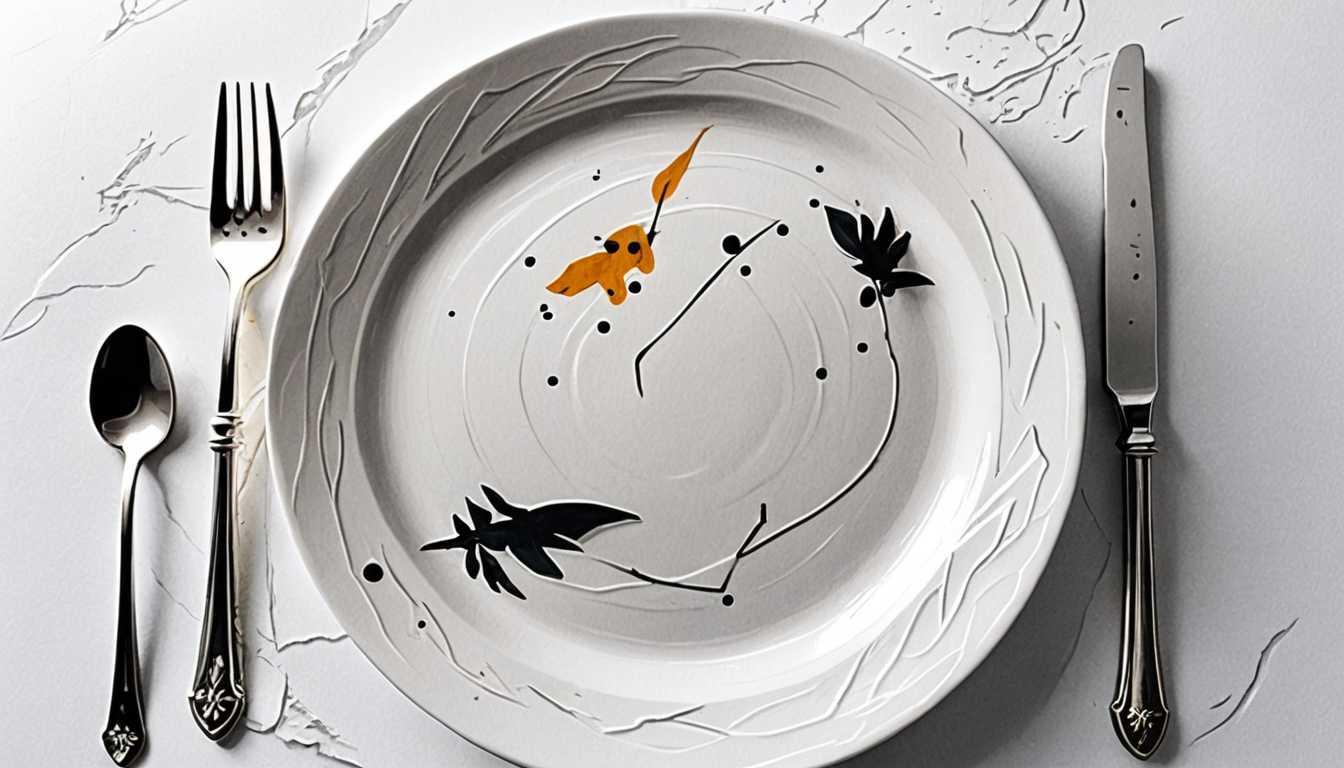Milk Without Cows: The Future of Dairy
June 2024
MIT Technology Review
Introduction
Ever wondered if you could have your milk without the moo? Dive into the fascinating world of biotech where companies are crafting cow-free milk! This eye-opening article from CellImage explores how science is reshaping our dairy dreams—no cows required! Curious about how they do it? Grab your reading glasses and find out how these innovations might change your fridge forever!
READ FULL ARTICLEWhy It Matters
Discover how this topic shapes your world and future
Moo-ving Beyond Milk!
In recent years, the dairy industry has faced significant challenges, from health concerns like avian influenza to environmental impacts linked to livestock farming. As the world grapples with these issues, scientists are exploring innovative alternatives to traditional dairy products. This is not just about milk, it’s a conversation about how we produce food sustainably and safely for our growing population. By engineering plants and yeasts to replicate the proteins found in milk, researchers are opening up new possibilities that could revolutionize how we think about our diets. This topic is particularly relevant because it challenges us to rethink our consumption choices and consider the broader implications of food production on health, the environment, and even our cultural traditions around food. Exploring these alternatives can inspire you to think critically about the food you eat and its impact on the world!
Speak like a Scholar
Avian Influenza
A type of virus that primarily infects birds but can sometimes spread to other animals and humans, causing illness.
Pasteurization
A process where food and drinks are heat-treated to kill harmful bacteria and make them safe for consumption.
Biotechnology
The use of living organisms, cells, or biological systems to develop products, often involving genetic engineering.
Polymer
A large molecule made up of repeating units, often found in natural substances like proteins or man-made materials like plastic.
Greenhouse Gas
Gases in the atmosphere, such as carbon dioxide and methane, that trap heat and contribute to global warming.
Synthetic Biology
An interdisciplinary field that involves redesigning organisms for useful purposes by engineering them at the genetic level.
Independent Research Ideas
The Role of Genetics in Food Production
Investigate how genetic engineering is changing agriculture and what ethical dilemmas arise from this technology.
Environmental Impact of Dairy Farming
Research the ecological footprint of traditional dairy farming versus lab-grown alternatives and their implications for climate change.
Consumer Perception of Lab-Grown Foods
Study how people feel about lab-engineered food products and factors that influence their acceptance or rejection of these alternatives.
Nutritional Comparison of Dairy and Plant-Based Proteins
Analyze the nutritional benefits and drawbacks of traditional dairy products compared to genetically engineered plant proteins.
The Future of Food Security
Examine how innovations like lab-grown dairy can contribute to food security in a world with increasing population pressures and climate challenges.
Related Articles

Fasting: Health Benefits or Cancer Risks?
August 2024
MIT News

Eat, Gut, Defend: Tryptophan's E. coli Shield
March 2024
Cornell University

Customizing Your Fiber: It’s Personal!
June 2024
Cornell News Highlights

Fasting: A Gut’s Best Friend or Foe?
October 2024
MIT Technology Review

Plants: The Future of Baby Nutrition?
June 2024
UC Berkeley